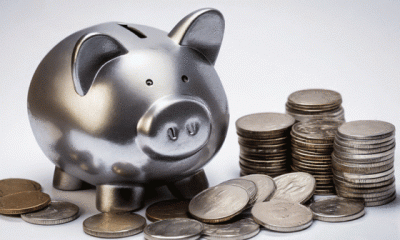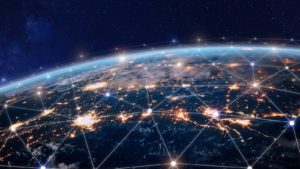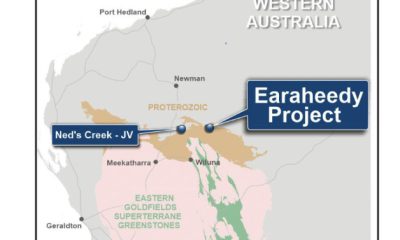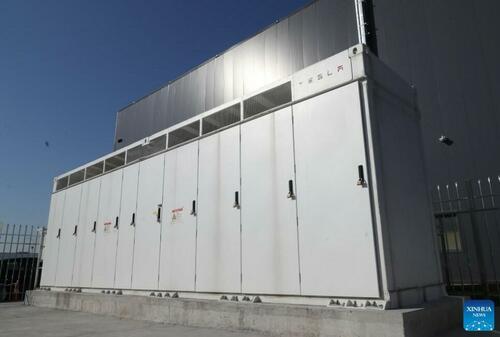Energy & Critical Metals
Australia bids to end dependence on China for lithium refining
Australia seeks to create a homegrown lithium refining industry with the help of the US Inflation Reduction Act, but competition from China will be tough.
The…
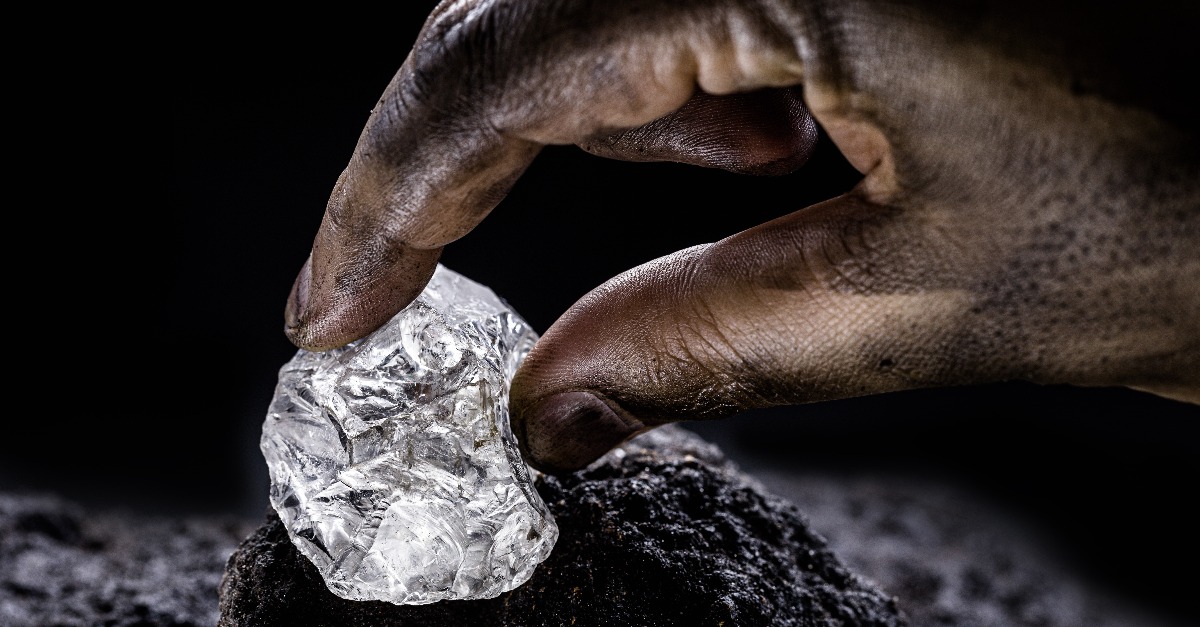
The Australian Government is seeking to reduce its dependence on China for processing lithium, the mineral driving the green battery revolution across the world.
Australia mines about 53% of the world’s lithium supply, selling all of it to China for refining and using in products like electric vehicles (EVs) and mobile phones. Miners in Australia are now looking for ways to produce battery chemicals domestically, closer to where lithium is mined and sold to geopolitical allies like the US.
On 20 May, Anthony Albanese, the Prime Minister of Australia, and US President Joe Biden announced at the G7 summit that they will strengthen the supply chain for “critical minerals” and invest in clean energy together.
The two countries intend to establish a taskforce to “expand reliable, responsible and secure global access to critical minerals”. In 2021, the Australian Government also set up a A$2bn ($1.3bn) loan facility to help finance critical minerals projects in the country. An Australian Government report has projected that more than 20% of the world’s lithium refining could take place in Australia by 2027.
New US policies are collegial for trade with Australia, allowing the country to tap into the US’s Inflation Reduction Act. The act grants tax credits for EVs that are built with materials produced by allies. It allows for countries like Australia to have free trade agreements with the US and apply for loans or subsidies.
Nevertheless, setting up new refining facilities comes with huge competition from China. China has years of experience, an established infrastructure for lithium refining and controls more than 60% of the world’s lithium processing. Moreover, Australia’s stringent workplace standards may make it difficult to compete with China on prices, says the New York Times.
Currently, Australia has two facilities to produce battery grade lithium hydroxide, both of which are suffering from major construction delays. Mining and retail conglomerate Wesfarmers said in February 2023 that its refinery in Western Australia would be delayed by six months, pushing production to 2025. Other refineries – one led by China’s Tianqi Lithium and the other by US lithium giant Albemarle – are yet to begin commercial-scale export after delays and cost blowouts.
The post Australia bids to end dependence on China for lithium refining appeared first on Mining Technology.

Uranium Exploration Company Announces Additional Staking in the Athabasca Basin
Source: Streetwise Reports 12/22/2023
Skyharbour Resources Ltd. announced an update from its Canada-based Falcon Project along with additional…
Tesla Launches New Mega Factory Project In Shanghai, Designed To Manufacture 10,000 Megapacks Per Year
Tesla Launches New Mega Factory Project In Shanghai, Designed To Manufacture 10,000 Megapacks Per Year
Tesla has launched a new mega factory…
Giving thanks and taking stock after “a remarkable year”
An end-of-year thank you to our readers, industry colleagues and advertisers before Electric Autonomy breaks from publishing until Jan. 2
The post Giving…

